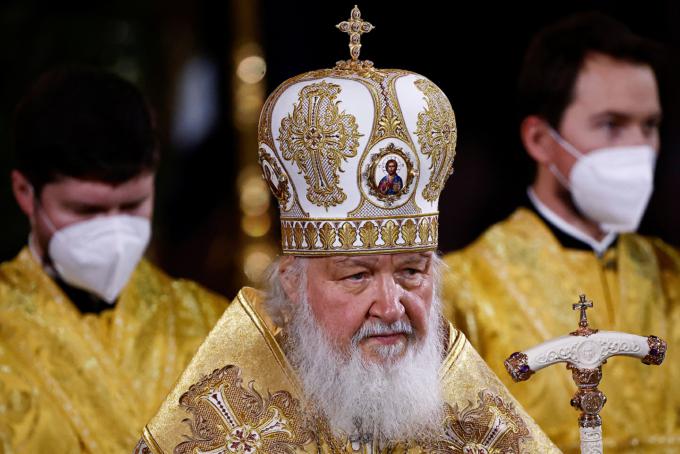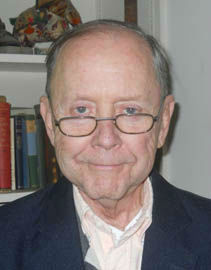
Culture
When Kirill lends his support to Putin's war in the name of the "Rus," therefore, he is giving voice to a form of ethno-religious fanaticism with roots stretching to medieval times.

Shaw
While the human suffering caused by the war in Ukraine is incomparably worse than any other evil arising from that conflict, it's no stretch to say another casualty of this disastrous war has been the crushing of hope for Catholic dialogue with the Russian Orthodox Church any time soon.
And while responsibility for this ecumenical setback, like the war itself, rests mainly with Russian President Vladimir Putin, Patriarch Kirill of Moscow and all Russia -- with whom Pope Francis once hoped to dialogue and whom the pope more recently cautioned against becoming "Putin's altar boy" -- shares in the blame.
I recognize Kirill's right -- his grave obligation, in fact -- to pray for Russian soldiers fighting and dying in Ukraine. But to that I would add his right and obligation to pray for the Ukrainian soldiers, to say nothing of Ukrainian civilians killed or wounded or in grave danger from the bombs and rockets of Putin's war.
Kirill has repeatedly defended Putin's invasion of Ukraine, while warning Ukrainians of a very different "danger" -- namely, the danger that they will be prevented from joining "the holy united Rus" and will instead become "a state hostile to this Rus, hostile to Russia." No word from the Patriarch about the ongoing danger faced by the Ukrainian people repeatedly targeted by the ferocious Russian onslaught.
To comprehend Kirill's approach to this conflict, it helps to keep in mind that the "Rus" is the tribe (perhaps Scandinavian, perhaps something else) that during the Middle Ages founded what now are Russia and Belarus. When Kirill lends his support to Putin's war in the name of the "Rus," therefore, he is giving voice to a form of ethno-religious fanaticism with roots stretching to medieval times.
It also helps to bear in mind that about 54 percent of Ukrainians belong to the Ukrainian Orthodox Church, which broke with Moscow several years ago and is formally recognized by Ecumenical Patriarch Bartholomew of Constantinople, the closest thing world Orthodoxy has to a pope. Another 4 percent are affiliated with the Moscow patriarchate. (Catholics are 9 percent of the population.)
There is a marked contrast between the Patriarch's stance and words of another man from that part of the world -- Pope St. John Paul II. Speaking of the universal responsibility that all peoples have for one another, the Polish pope said, "Attentive and pressing concern for one's neighbor in a moment of need . . . Is especially important with regard to the search for ways of resolving conflicts other than by war."
The words are from John Paul's 1991 encyclical "Centesimus Annus" (The Hundredth Year) marking the centennial of Pope Leo XIII's "Rerum Novarum." And the Polish pope added a thought of special timeliness in light of current events: "Just as the time has finally come when in individual states a system of private vendetta and reprisal has given way to the rule of law, so, too, a similar step forward is now urgently needed in the international community." It is no less needed 33 years later.
I was also struck by the section on war in the declaration on human dignity published last March by the Vatican's doctrinal dicastery. Quoting liberally from Pope Francis, it says, "With its trail of destruction and suffering, war attacks human dignity in both the short and long term: 'While reaffirming the inalienable right to self-defense and the responsibility to protect those whose lives are threatened, we must acknowledge that war is always a defeat of humanity."
If Patriarch Kirill and his friend President Putin haven't read that, they should.
- Russell Shaw is the author of more than twenty books. He is a consultor of the Pontifical Council for Social Communications and served as communications director for the U.S. Bishops.
Recent articles in the Culture & Events section
-
Tolkien's world, still popular on the big screen, began with faith and wordsCecilia Hadley
-
Scripture Reflection for Dec. 22, 2024, Fourth Sunday of AdventDeacon Greg Kandra
-
Getting adult children to Christmas MassGreg Erlandson
-
The work of redemptionEileen McLaughlin
-
Intern reflectionsEmily Greco and James Kaeser


















